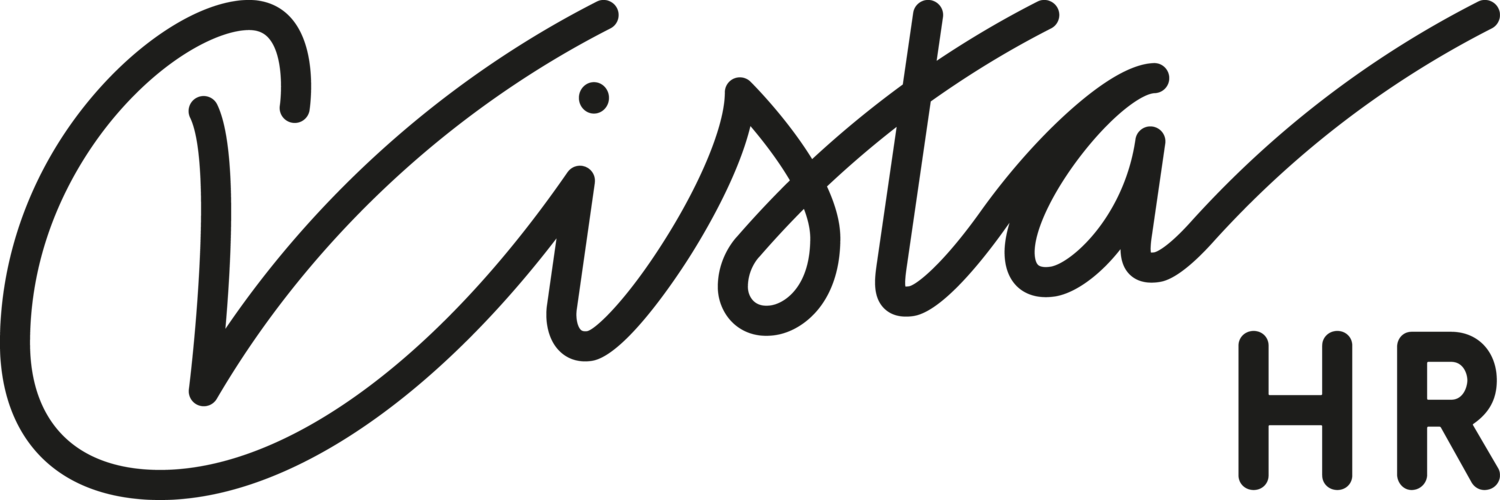The government in Singapore is always encouraging young entrepreneurs to establish a business on their own. With more of such entrepreneurs around, the chances of establishing a successful company is higher and this would also mean a reduction in unemployment rates.
It is all good for the society, but it is a stressful situation for the entrepreneurs themselves. It is always a stressful situation and as entrepreneurs, we have to make calculated risk and proceed with caution. We are not just looking at fixed cost, such as salary and benefits – but many sources of overhead as well such as training and development costs. This is based on the assumption that the employee is performing as the figures will only get worse if the employee is not performing – where all the training and development cost dedicated to the employee not just become a sunk cost, but businesses have to think of severance pay (and sometimes litigation), but also the time and effort dedicated to finding a replacement. Time always means money.
What is the required skillset?
What is the position you need to fill, depends on the skillset of the founders, as well as the industry of the new business. These are the questions you have to ask yourself:
- Are you lacking in a skillset
- Is the lack of skillset preventing the business from going further
- Must the skillset be hired or should it just be outsourced
With all these information, you have to evaluate the advantages and disadvantages of each. Services that are outsourced do not need to be managed – in comparison to bringing an employee onboard. Apart from the main difference in the budget, services that are outsourced are guaranteed results, whereas the results of the employee you bring in might vary. You will also think about the knowledge set whereby do the market have sufficient knowledge of the product or industry you are dealing in, and how confidential is your knowledge? The more confidential it is, the more you will want to do it by yourself. If the vendors have more expertise, knowledge and experience, you should consider outsourcing the service to them. Of course, at this time, you should also be thinking the frequency whereby this service is required. One such consideration would be the number of times you have to rebrand your company’s logo and website.
Who is the right candidate to bring onboard?
If you have decided to hire, the next step would be to think of who should you hire. These are some of the following questions you can think of
- Have the incumbent worked in smaller companies before?
- How aligned are the goals to the company with the incumbent?
- Is the candidate an individual contribution, or someone who requires hand-holding
Based on our experiences, companies prefer credentials – be it experience, or educational qualifications. However, companies should always be evaluating on the staying power of such candidates as well as on whether the incumbent will be a good fit with the company’s culture. Employees who have been used to working in big companies could have been used to a structured environment, with dedicated routine tasks whereas in a small organization setting – incumbents could likely be told to assist in practically anything and everything.
However, we have come across candidates who prefer a less bureaucratic environment because it would also mean less politics. With lesser competition, it could mean room for career progression. We are also surprised when some candidates share that they would like to take up on the role because they are able to learn more.
Conclusion
Ultimately – You have to do your own self-assessment of the candidate. One of the ways you could use your assessment is by getting your existing employees who are well versed with your culture to recommend someone else into the company. Those who are doing the recommendation will be assessing the suitability of the new entrant as well. Or you could widen your pool of potential candidates with us, and we could do the assessment for you – with a fee of course.
Of course, we would prefer the latter.

